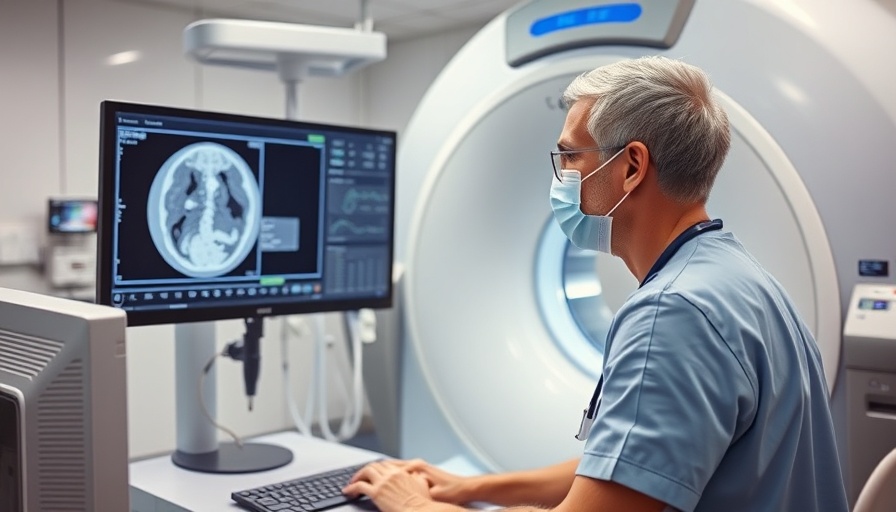
Are You Up to Date with Your Cancer Screenings?
As we step into a new year, it’s essential to prioritize health, especially with the alarming statistic that nearly 2 million new cancer cases are expected in 2025. February, designated as National Cancer Prevention Month, is an ideal time to reflect on your health and ensure you're following the latest cancer screening guidelines. Early detection is vital, as many cancers can be effectively treated when caught early. Thus, understanding what screenings you might need based on your age and risk factors is crucial.
Key Cancer Screenings to Consider
According to health organizations like the American Cancer Society and the National Comprehensive Cancer Network, several common types of cancer screenings play a significant role in early detection:
Colorectal Cancer
**Who gets screened?** Adults 45 and older should start routine screenings, especially those with a family history or other risk factors. Common screening options include:
- Colonoscopy every 10 years which can both detect and remove polyps.
- Stool-based tests like FIT or stool DNA-FIT every 1-3 years.
Breast Cancer
**Who gets screened?** Women aged 40 to 54 are recommended to have annual mammograms, while those 55 and older can opt for biennial screenings. Additional imaging like ultrasounds may be suitable for women with dense breast tissue.
Lung Cancer
**Who gets screened?** High-risk adults aged 50 to 80 with a significant smoking history should consider a yearly low-dose CT scan for early detection.
Prostate Cancer
**Who gets screened?** Men 45 and older should discuss with their doctors the pros and cons of the PSA test, particularly if they fall into higher risk categories.
Why Knowing Screening Schedules is Important
Understanding your need for screenings can save lives. Many people overlook the importance of regular check-ups. The best approach is to maintain an open dialogue with your healthcare provider about your health history and risk factors. For instance, individuals with a family history of certain cancers might need to begin screenings earlier than general recommendations.
The Role of Lifestyle in Cancer Risk
Moreover, lifestyle choices significantly influence cancer risks. Factors such as tobacco use, unhealthy diets, and lack of physical activity can increase susceptibility to various cancers. Awareness of these risk factors and adjustments in lifestyle can be proactive steps toward cancer prevention.
Remember, early detection is key in the fight against cancer. By staying informed and adhering to recommended screening guidelines, you can take strides toward a healthier future.
 Add Row
Add Row  Add
Add 




Write A Comment